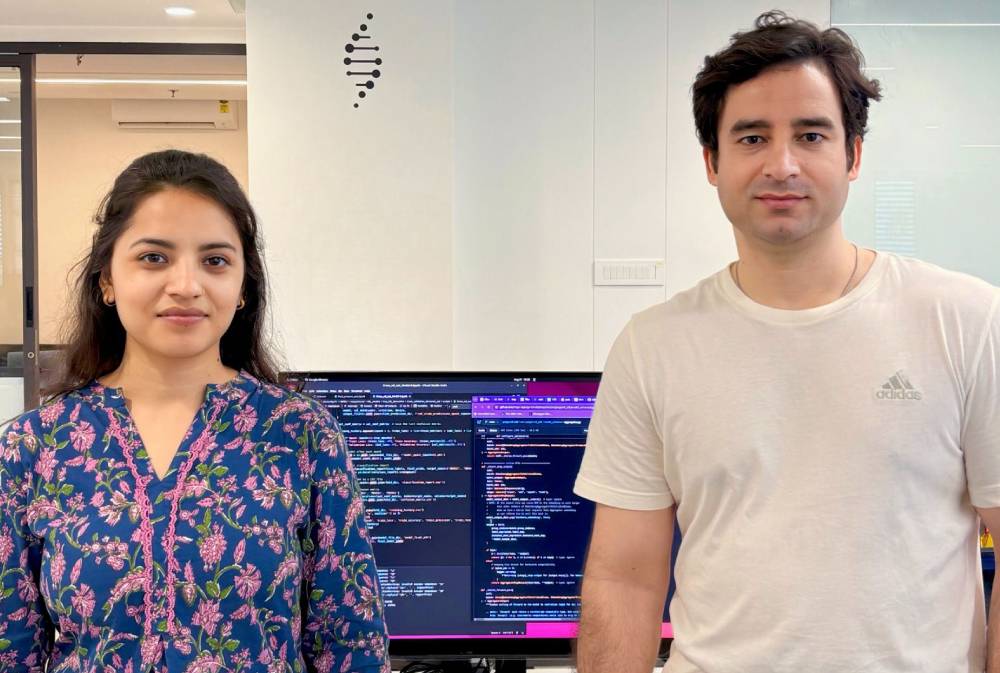
A team at Jamia Millia Islamia (JMI), led by a Kashmir-born scientist, has achieved a revolutionary breakthrough in oral cancer detection.
Utilizing artificial intelligence (AI) and digital pathology, the innovation promises to make cancer diagnostics more precise, affordable, and accessible globally.
Dr. Tanveer Ahmad, a gene-editing specialist from Kashmir, and his PhD student, Nisha Chaudhary, from the university’s Multidisciplinary Centre for Advanced Research and Studies (MCARS), spearheaded the development.
Their pioneering technology, recently granted a patent by the Indian government, is titled A System and Method for Genomic Markers and Digital Pathology Image-Based Prediction of Oral Malignant Disorders.
This advanced system examines genomic markers and tissue images to provide accurate insights into oral conditions, including oral submucous fibrosis (OSMF), leukoplakia, lichen planus, and squamous cell carcinoma (OSCC).
Notably, the technology can classify the severity of OSCC and predict the progression of precancerous conditions, paving the way for timely interventions and improved patient outcomes.
The innovation has been lauded for its ability to enhance diagnostic precision while reducing costs, making state-of-the-art oral cancer diagnostics more accessible, particularly in resource-limited settings.
The team’s work has also earned international recognition, with their study published in Scientific Data, a prominent journal by the Nature Publishing Group.
The high-impact publication showcases an AI-powered high-resolution dataset for diagnosing oral submucous fibrosis and squamous cell carcinoma, offering a valuable resource for researchers worldwide.




